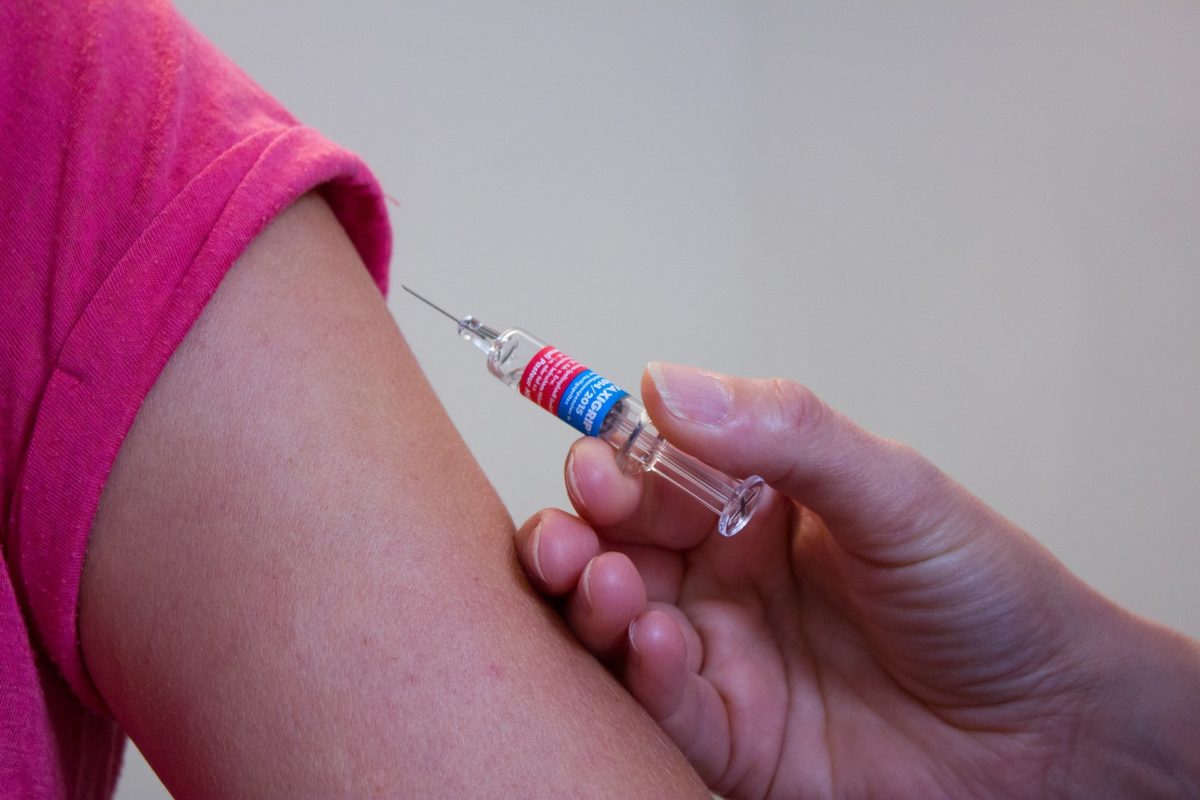KUALA LUMPUR, Dec 7 — MyEG Services Berhad, Malaysia’s digital government services provider, has signed an agreement with a China-based pharmaceutical company to exclusively distribute its Covid-19 vaccine in Malaysia for three years.
MyEG and Anhui Zhifei Longcom Biopharmaceutical Co Ltd, a subsidiary of Chongqing Zhifei Biological Products Co Ltd that is listed on the Shenzhen Stock Exchange, have also entered into a memorandum of understanding (MOU) on December 5 in conducting Phase 3 clinical trials of Zhifei’s vaccine in Malaysia. MyEG is not a pharmaceutical company.
Zhifei, according to MyEG, is one of five Chinese companies conducting Phase 3 clinical studies of their coronavirus vaccines in various countries.
MyEG also said halal certification for Zhifei’s Covid-19 vaccine would be sought from the Department of Islamic Development Malaysia (Jakim), claiming that Jakim’s halal accreditation would ensure increased acceptance of the vaccine among Muslims. MyEG is not a halal product company either.
A vaccine, like other medication, only needs to be safe and effective; it does not need to be halal. The World Health Organization (WHO) listed last year vaccine hesitancy as among the top 10 threats to global health.
“The commencement of Phase 3 trial will make Zhifei’s vaccine one of the first to undergo this final stage trial in Malaysia under the purview of the Ministry of Health (MOH),” MyEG said in a statement today.
“Upon successful completion of the Phase 3 trials, MyEG will be the sole distributor of the vaccine in Malaysia. In the wake of the outbreak of the Covid-19 virus, MyEG has leveraged its strengths and expertise as a leading digital services provider in the region to embark on a number of significant initiatives, guided by an overarching vision to provide a holistic solution to help in the fight against Covid-19.
“Thus, MyEG sees the need for the establishment of a system to manage the logistics and administrative challenges for Covid-19 testing and vaccination to ensure effective implementation in the ongoing battle against the pandemic.”
The Edge reported that MyEG shares jumped 13.26 per cent to their highest level since May 2018, after the listed company’s announcement about its cooperation with Zhifei on the Covid-19 vaccine. At 10.30am, MyEG rose 24 sen to RM2.05, valuing it at RM7.49 billion.
According to US-based Regulatory Affairs Professionals Society’s Covid-19 vaccine tracker, the experimental Covid-19 vaccine co-developed by Zhifei and the Institute of Microbiology of the Chinese Academy of Sciences — which MyEG claims will undergo Phase 3 trials in Malaysia — is a recombinant vaccine. A recombinant vaccine uses specific pieces of a pathogen.
Zhifei’s vaccine is separate from the inactivated vaccine candidate by the Institute of Medical Biology, Chinese Academy of Medical Sciences in Beijing that the Malaysian government has said will undergo Phase 3 clinical trials in MOH hospitals here.
A Covid-19 inactivated vaccine uses a killed version of the coronavirus. The experimental vaccines by US pharmaceutical companies Pfizer and Moderna, on the other hand, utilise messenger RNA technology by deploying synthetic genetic material that instructs the body to produce one of the proteins on the surface of the coronavirus, leading to the immune system producing antibodies.
A separate China-based pharmaceutical company, Sinovac Biotech, delivered 1.2 million doses of its Covid-19 vaccine to Indonesia late yesterday. According to AP, the Indonesian government also looked at partnering with two other Chinese pharmaceutical manufacturers: Sinopharm and CanSino Biologics.
It is unknown how MyEG plans to distribute any Covid-19 vaccine, as it is not a logistics company, nor does it undertake product distribution in the health care sector. Storing and distributing a vaccine is not the same as distributing consumer products. Vaccines can be wasted and rendered ineffective due to issues in temperature control logistics.
The Malaysian government, so far, has only signed two agreements to purchase Covid-19 vaccines covering 30 per cent of the population: one with US pharmaceutical giant Pfizer to cover 20 per cent of the Malaysian population, and another with the global COVAX Facility to cover 10 per cent of the population. Pfizer’s Covid-19 vaccine requires ultra-cold storage of minus 70 degrees’ Celsius.







